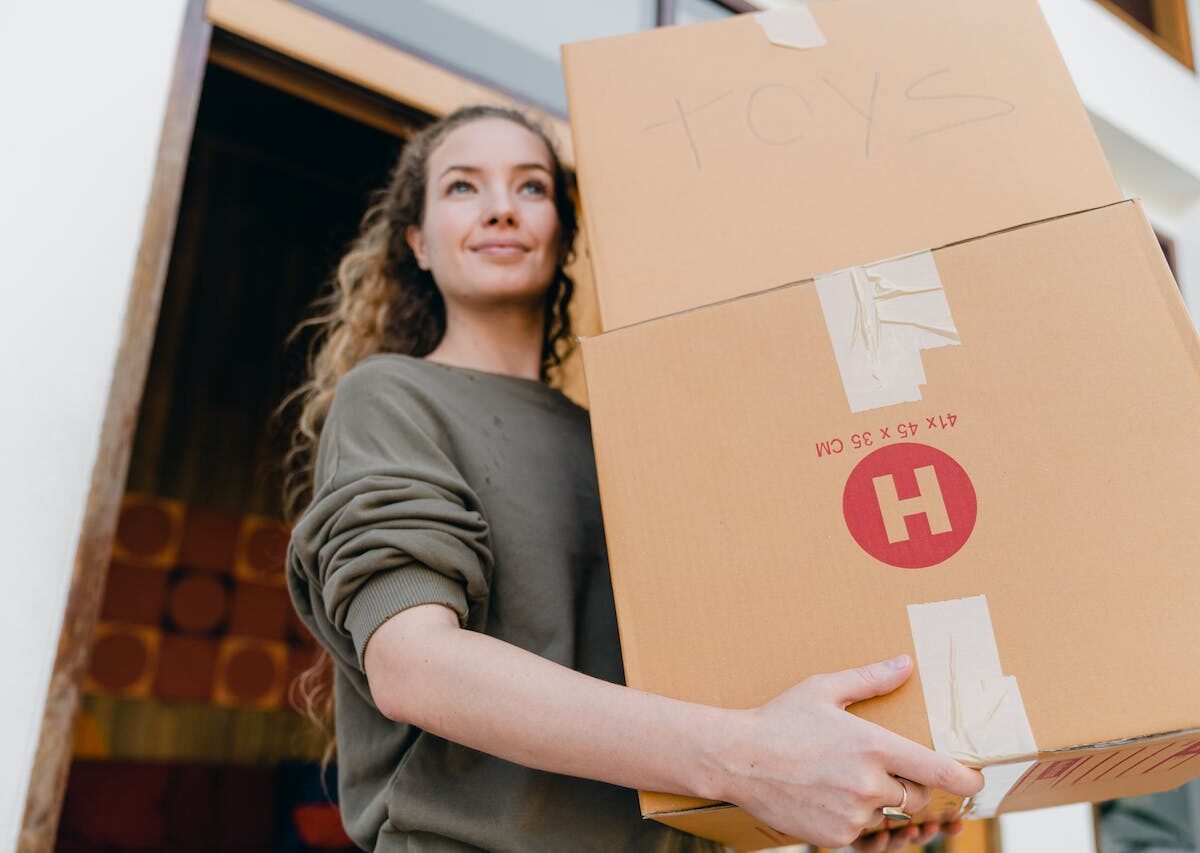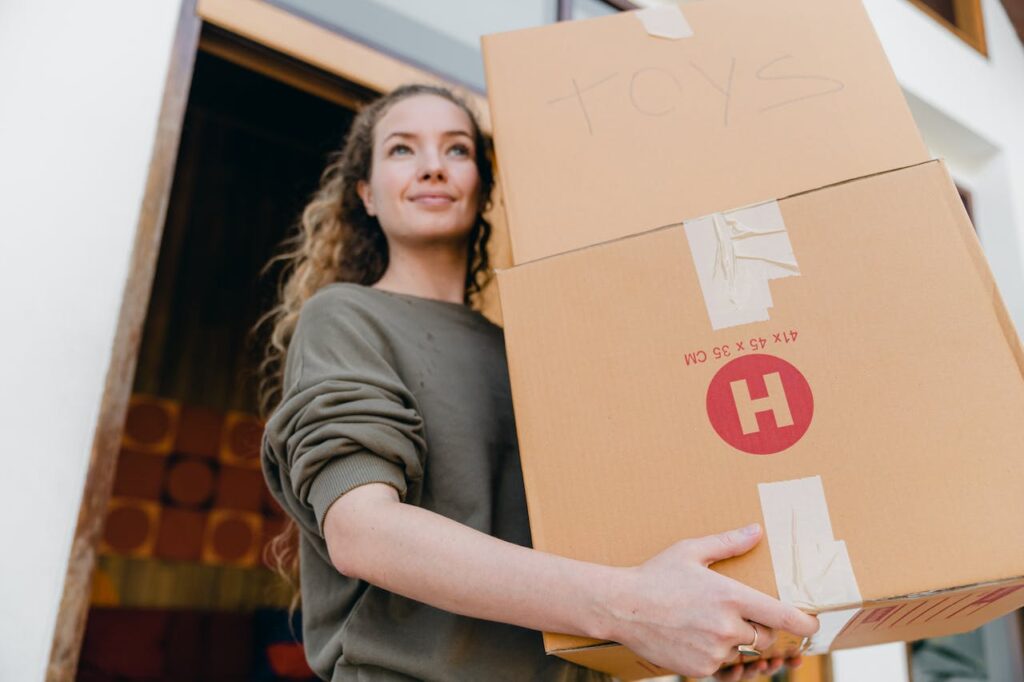5 Mistakes to Avoid When Using Self-Storage Units


Self-storage units can be incredibly convenient solutions for individuals and businesses alike. Whether you’re downsizing, moving to a new city, or just need to clear some clutter from your home or office, self-storage units offer secure and accessible spaces to store your belongings. However, to make the most of your self-storage experience, you should steer clear of common pitfalls. Learn about the top five mistakes to avoid when using self-storage.
1. Not Planning Ahead
One of the most significant mistakes to avoid when using self-storage is failing to plan adequately. Assess your storage needs before renting a unit. Take inventory of the items you intend to store, and make a list of any special requirements, such as climate control or security features. Without proper planning, you might end up with a unit that’s too small or too large, leading to wasted space and money. Take measurements of your items and create a layout plan for your storage unit to maximize space utilization. Thinking ahead can also save you time and effort when you need to retrieve specific items, as you’ll have a clear idea of where everything is located within your storage space.
Contacting experienced professionals for help or advice is always a good idea. So, if you are, for instance, in the Washington area, consider reaching out to experts like Hansen Bros. Moving & Storage Washington to ensure you make informed decisions. With decades of experience serving the Pacific Northwest, they can provide valuable advice on storage solutions tailored to your specific needs in this unique geographical area. Their expertise extends beyond mere storage, encompassing a deep understanding of the local climate and storage challenges, ensuring your belongings remain in excellent condition.
2. Neglecting Security
Many make the mistake of assuming all facilities are equally secure, which is not the case. Before renting a unit, research the storage facility’s security measures. Look for features like gated access, surveillance cameras, and on-site staff.
Additionally, invest in a good-quality lock for your unit. Avoid using cheap locks that are easy to break or pick. A sturdy lock adds extra protection to your belongings, deterring potential thieves. As an added precaution, consider storing your most valuable items towards the back of the unit, making them less accessible and reducing the likelihood of theft.
3. Overloading the Unit
While it’s tempting to fit as much as possible into your storage unit to save money, overloading it is one of the common mistakes to avoid when using self-storage. Overloading can damage your items, create safety hazards, and make it challenging to access what you need. To avoid overloading and damage, stick to your plan, prepare your items for self-storage, and only store what you initially intended. Follow some rules:
- Leave enough space to navigate within the unit safely
- Use shelving, stacking, and organizing tools to make the most of your space without compromising the safety of your belonging
- Place heavier items on the bottom and lighter ones on top to prevent crushing or damage
- Organize your unit in a way that allows you to access frequently used items without having to move everything around each time
Professionals Can Help
You might underestimate the importance of professional assistance when moving items to a self-storage unit. This oversight can lead to inefficient packing, potential damage to items, overloading your unit, and even personal injury. So, let’s imagine you are from Renton, WA. Here is why you would need professional assistance:
- A moving team in Renton, WA, can provide the expertise and muscle needed to transport your items safely to the storage unit.
- They are familiar with the unique challenges of the area, from navigating local roads to handling the region’s specific weather conditions.
- Their professional approach ensures your belongings are packed, moved, and stored properly and with care.
- Such teams often offer valuable advice on how to best utilize your storage space, drawing on their extensive experience with various storage scenarios. They know all the tricks to load and stack your belongings in the unit, reducing the risk of damage.
4. Neglecting Climate Control
Depending on the items you’re storing, climate control may be essential. Many overlook this aspect, thinking their belongings will be fine in a standard storage unit. However, extreme temperatures and humidity can damage items like wooden furniture, electronics, artwork, and delicate fabrics.
Before choosing a storage unit, consider the climate conditions in your area and the specific needs of your items. Climate-controlled units maintain a stable environment, protecting your belongings from extreme temperature fluctuations and moisture. This feature is especially crucial for items with sentimental or monetary value, as it prevents warping, mold growth, and other forms of deterioration that can occur in non-climate-controlled spaces.
When you visit your storage unit, periodically check for any signs of moisture or temperature-related issues. This proactive approach can help you identify and address problems before they cause irreparable damage to your stored items.
5. Ignoring Insurance
Don’t make the mistake of assuming that the storage facility’s insurance will cover any damage or loss of your stored items. While facilities may have insurance, it often only covers the building and not your personal belongings.
To safeguard your possessions, consider purchasing a separate storage insurance policy. These policies are usually affordable and provide peace of mind in case of theft, natural disasters, or accidents that may damage your items. Ensure you read the fine print of your storage insurance policy to understand what is covered and any limitations or exclusions.
When selecting storage insurance, accurately assess the value of the items you’re storing and choose a policy that provides adequate coverage. Keep a detailed inventory of the items in your storage unit, including photographs and receipts if possible, to facilitate the claims process in case of loss or damage.
Conclusion on the Mistakes to Avoid When Using Self-Storage Units
Self-storage units can be a valuable resource when used correctly. To ensure a positive experience, ensure you are aware of the common mistakes to avoid when using self-storage. Plan, prioritize security, and protect your belongings so you can make the most of your self-storage experience and avoid costly errors. Remember that each storage facility may have its own rules and regulations, so be sure to read and understand their terms before signing any contracts. With the right precautions and careful consideration, self-storage units can provide the extra space you need without the headaches of common mistakes.